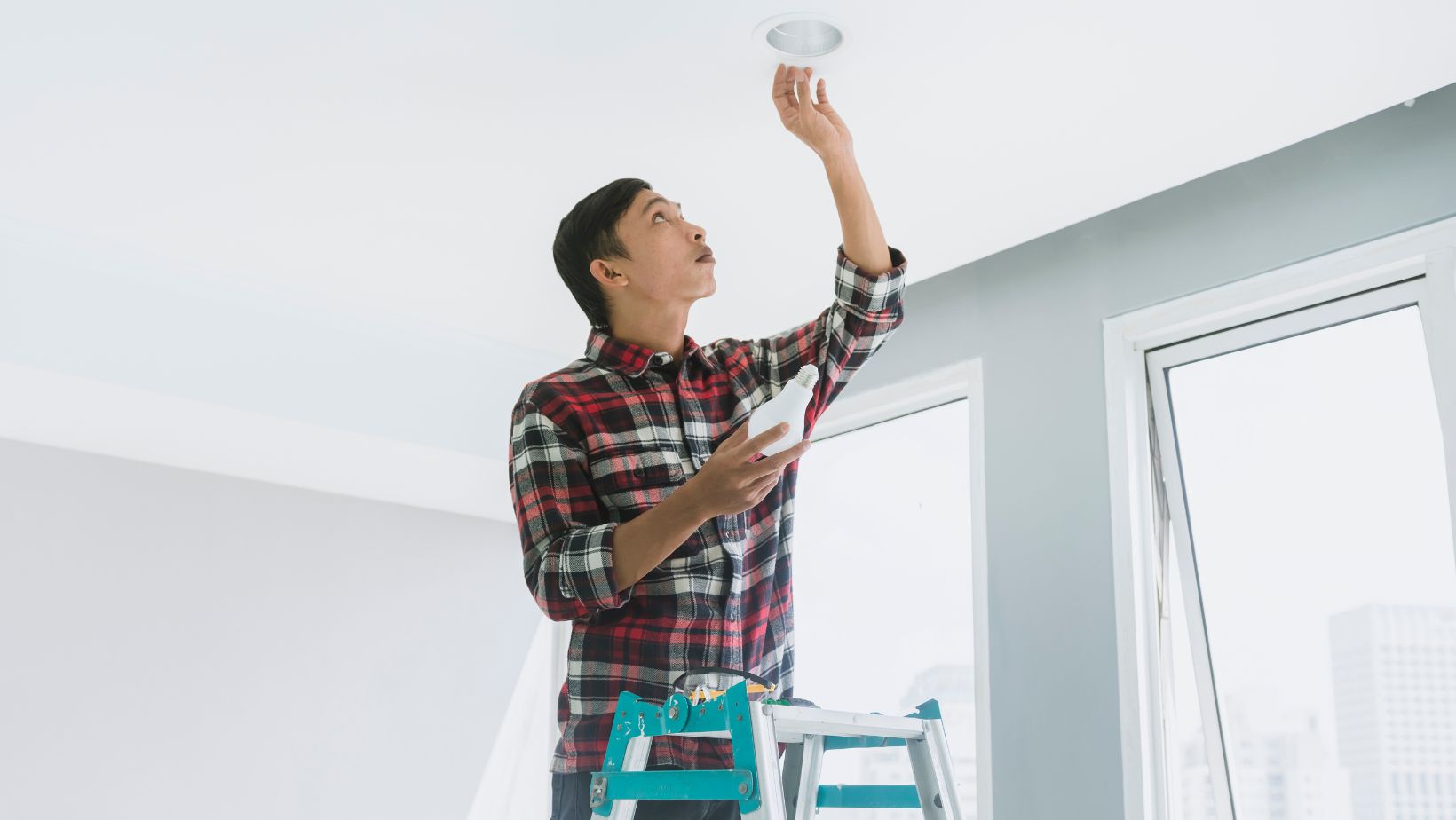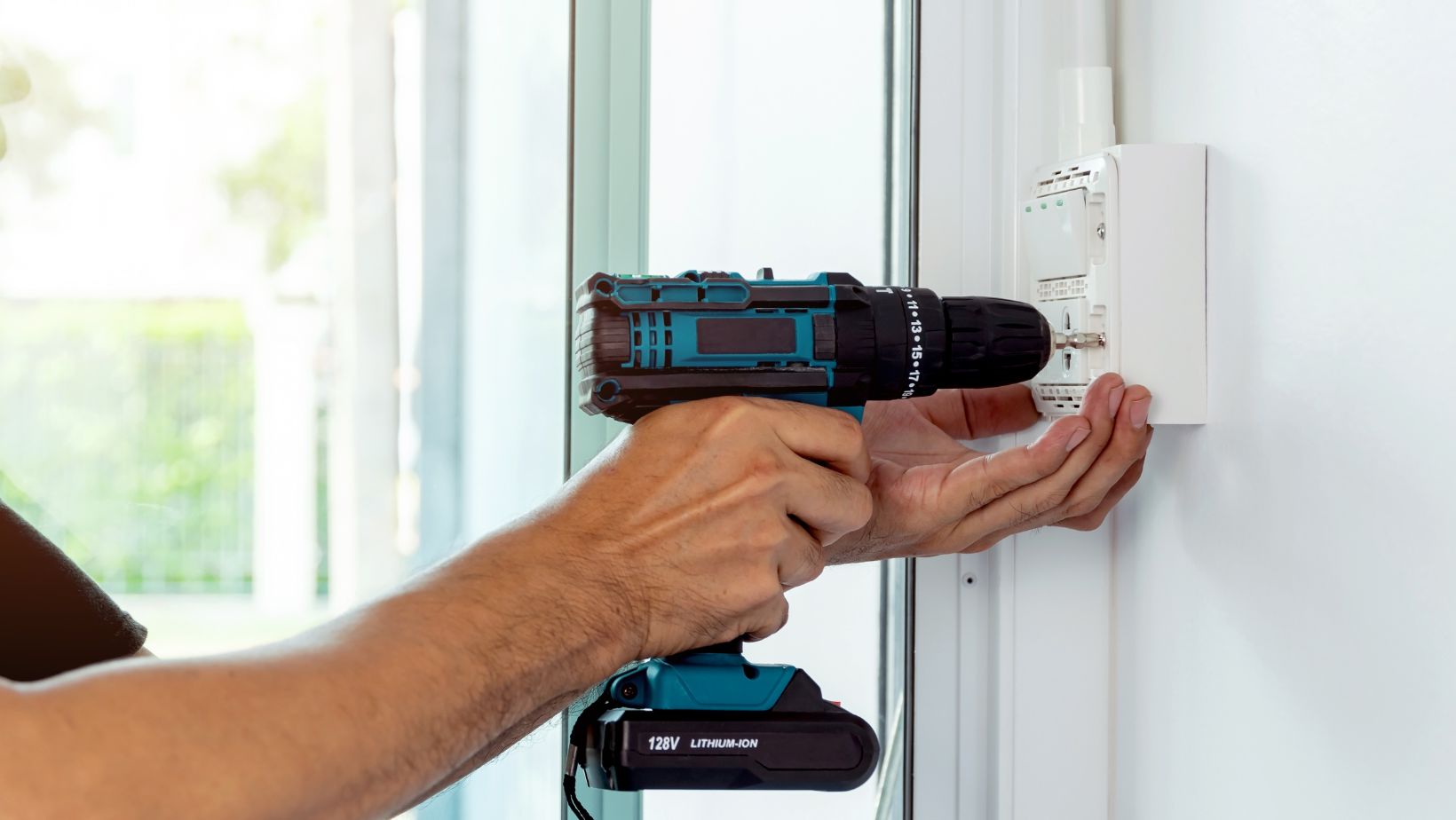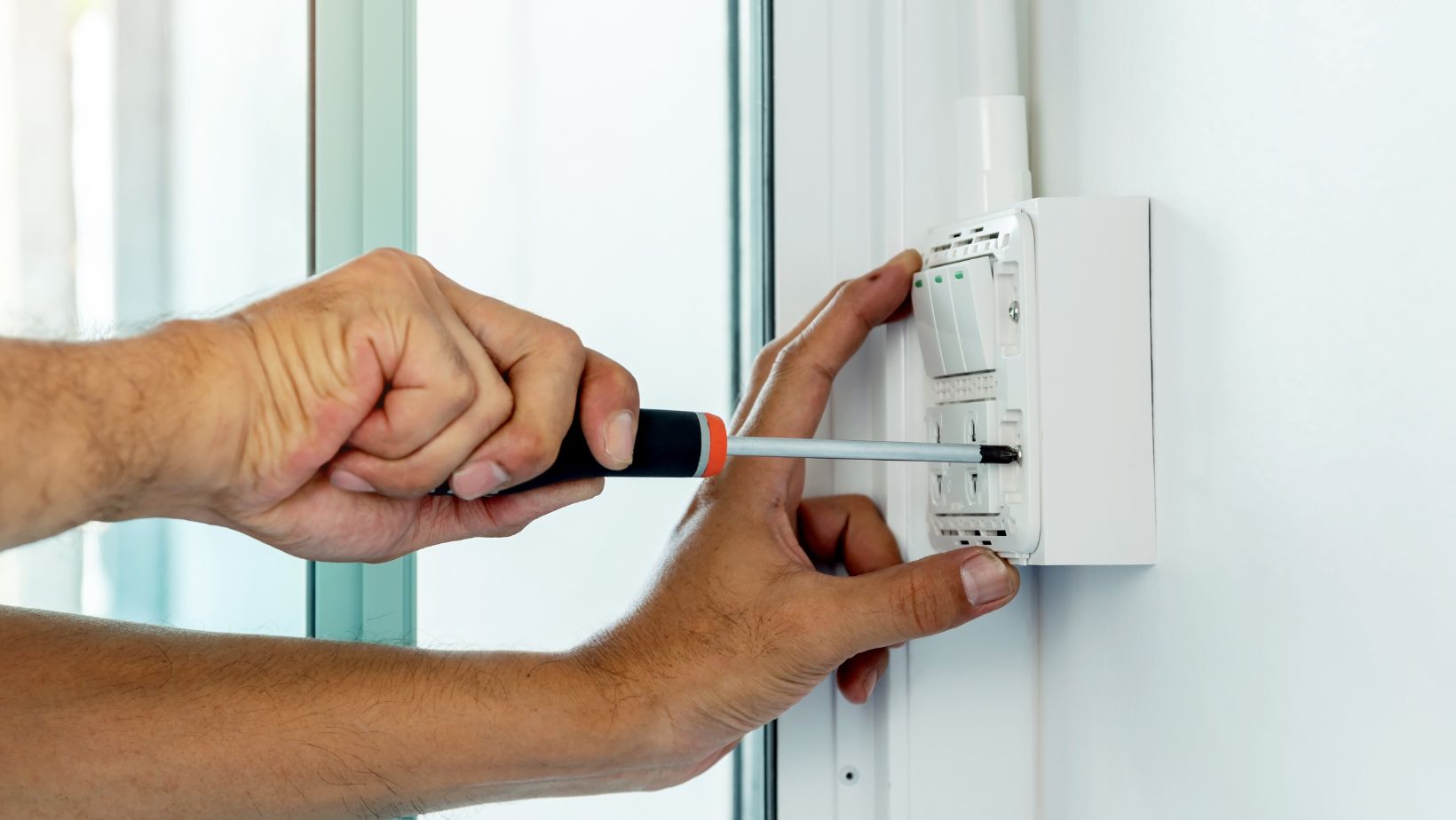Phone:
(701)814-6992
Physical address:
6296 Donnelly Plaza
Ratkeville, Bahamas.

Manufactured homes are a great investment due to the range of benefits they come with. That possibly explains why more than 20 million people are living in these homes in the United States. As a manufactured home installer, it’s crucial to ensure you have the skills to assemble lovely-looking homes for your clients.
But that’s not all you want to do. You also want to create functional spaces, and one of the best ways to achieve this goal is to create accessible homes. Here are some tips that will guide you in this regard.
This is one of the most recommended features for ADA compliance and accessibility. You will learn this even in your Manufactured Home Installer License prelicensing and continuing education (CE) courses, which, by the way, should be from a reputable education provider like RocketCert. As long as the doorway is raised in a way that requires the installation of a step to get into the home, you should consider installing a ramp to enhance accessibility.

Ideally, you want to install a ramp for every entrance that has a step, but even just a single ramp will enhance the manufactured home’s accessibility a great deal.
When working with your customers, they might request you to suggest ways they can improve their home’s accessibility. Even if they don’t, you should always bring up important topics such as accessibilit,y since not everyone will have thought about this when deciding to buy a home.
If they are open to this idea, suggest open floor plans as tight corners and narrow hallways are typically difficult to navigate in a wheelchair or for someone with mobility challenges. Open floor plans will not only eliminate narrow passages but also make the home feel more spacious and allow in more light.
Again, this will depend on your customers’ preferences, but accessible bathrooms are crucial, especially when you consider facts such as ‘over 80% of falls occur in bathrooms’. Those who account for the highest number of falls are the elderly and people with mobility issues. Even if your customers aren’t in these categories, you can convince them to include at least one accessible bathroom for visitors who may need it.
Some of the recommended adjustments in this regard are tubs with a low ridge and sliding shower doors. Both showers and tubs can also be adjusted further to include seats and handles, thus making transfers more comfortable. Other features to consider include entrance spaces that are wide enough for a wheelchair to enter, low toilet seats, and sinks that are easy to reach from a sitting position. You can also suggest installing stability handles to provide extra support.
Not everyone will be open to the idea of having an accessible kitchen, but it’s a nice addition to an accessible home. Some of the top ways to make a kitchen more accessible include:
For the customers who prefer having a normal kitchen, you can suggest adding a small accessible section with basic ADA-compliant equipment.
Creating an accessible home is a great way to ensure comfort for friends or family members who have mobility challenges and similar issues. As a manufactured home installer, this is an area you want to learn more about to ensure you are comfortable building such homes.

RocketCert has amazing courses for home installers that cover these and other topics. Visit rocketcert.com today to purchase your pre-licensing or continuing education course to enhance your knowledge, skills, and compliance.